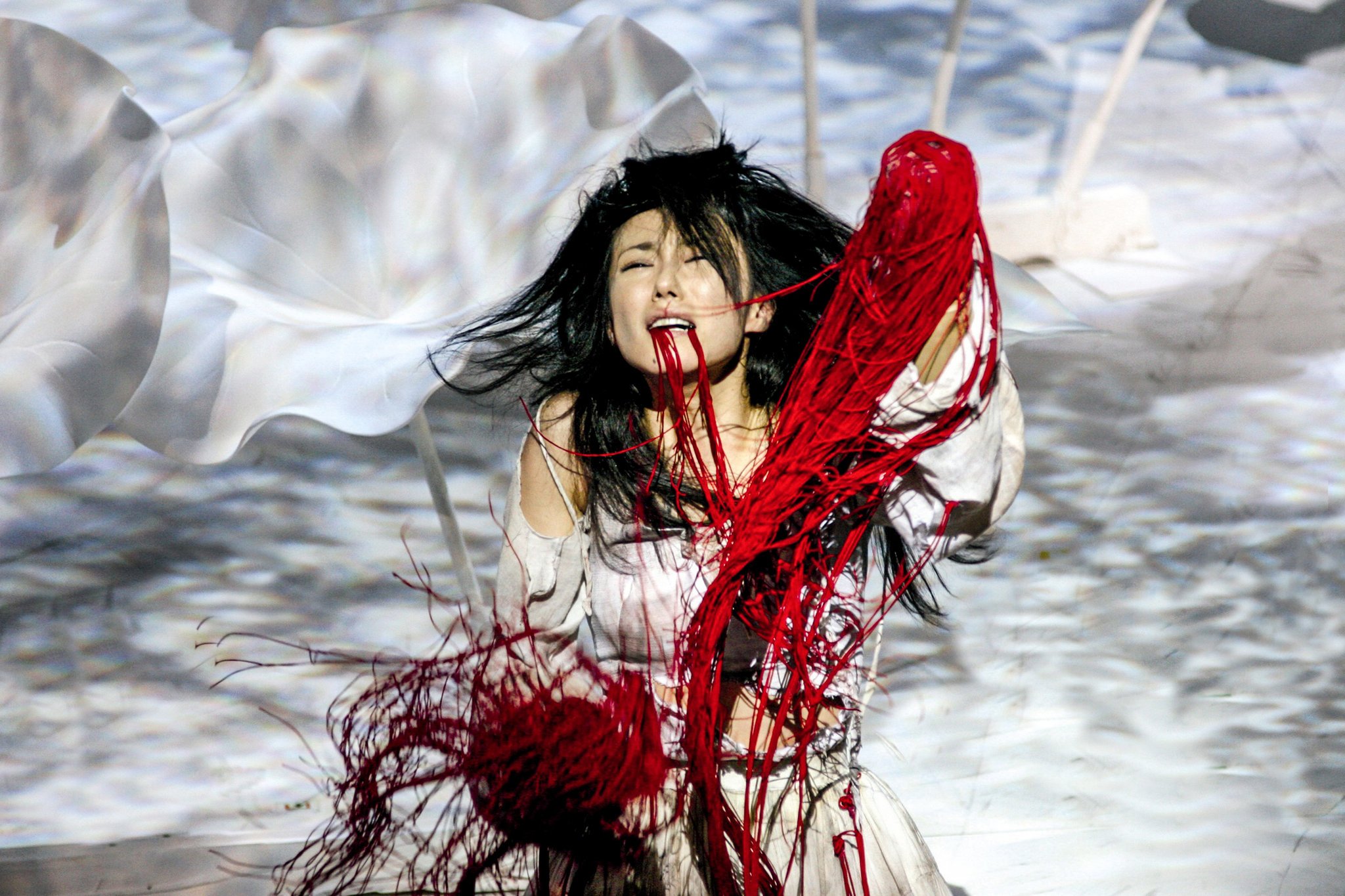unit 4: hamlet
MEETING 1: 1.1
No single work of literature has garnered more attention than Shakespeare’s play Hamlet. More than 400 essays, articles, and monographs are produced each and every year. Hamlet is a play about fathers and sons, about mourning, about coping with life in difficult times, about revenge. I sincerely hope that you enjoy working through the play over the course of the next couple cycles.
Shakespeare’s favorite question
How do the play’s opening lines establish tension, anxiety, and suspense?
Homework:
Finish reading 1.1
MEETING 2: 1.2
Now that we’re six weeks into the term, we’ll pause at the beginning of class to think about some of Shakespeare’s ideas.
Let’s return to the play. How is Claudius the ultimate politician in his opening speech? What is our first impression of Hamlet? What is he preoccupied by in some of his first speeches?
Homework:
Finish reading 1.2 and read 1.3.
MEETING 3: finishing act 1
Hamlet’s first soliloquy: What does Hamlet reveal about the nature of his feeling, the reason for those feelings and what he intends to do about them? Who is the person he seems to blame most for this situation? At what point in the speech does he seem suicidal? Why?
Horatio, Marcellus, and Barnardo bring news: What is it that Horatio says that may have encouraged Hamlet to trust him? Notice what Hamlet assumes the appearance of the Ghost might mean? Why does Hamlet question Horatio, Marcellus and Barnardo so closely about the appearance of the Ghost?
1.4-1.5: The arrival of the Ghost
Homework:
Read 2.1.
MEETING 4: tragedy, revenge tragedy, act 2
After a quiz, we’ll briefly discuss tragedy as a genre and the particular kind of tragedy Hamlet follows: Revenge Tragedy.
Let’s look a little more closely at Hamlet’s attitude toward mortality so far in the play, starting with his first soliloquy and ending with the end of the first act. How is Hamlet already a different person by the end of Act One? We can add to this discussion by watching the David Tennant version of the end of 1.5.
We will then review Ophelia and Polonius’s exchange at the end of 2.1 before undertaking 2.2.
Homework: Finish 2.2 and 3.1.
MEETING 5: Soliloquies 2 and 3
In what ways does Hamlet’s antic disposition manifest itself? Search for passages, and make a list together.
Do you believe Hamlet when he details to R&G why they were sent to spy on him? Why or why not? Is his speech—”I have of late but wherefore I know not”—sincere?
Why is Hamlet so angry with himself in the soliloquy at the end of the scene? Realistically, when might he have been able to act upon his plans for revenge prior to this?
“To be nor not to be”: What exactly is the question? Is Hamlet asking whether life in general is worth living? Whether he should take his own life? Whether he should take action against the King?
Homework:
(1) Finish Act 3.1.
(2) Next time we’re going to talk briefly about the man who write our plays. Watch these two videos before class:
MEETING 6: the play within the play
Performance comparison of “To Be or Not to Be”
What does Hamlet seek to accomplish in the “Get thee to a nunnery scene”? What do we definitively learn about Ophelia’s involvement in Hamlet’s antic disposition?
We’ll pick up the play-within-a-play scene from page 125.
Homework:
(1) Finish Act 3.



















































